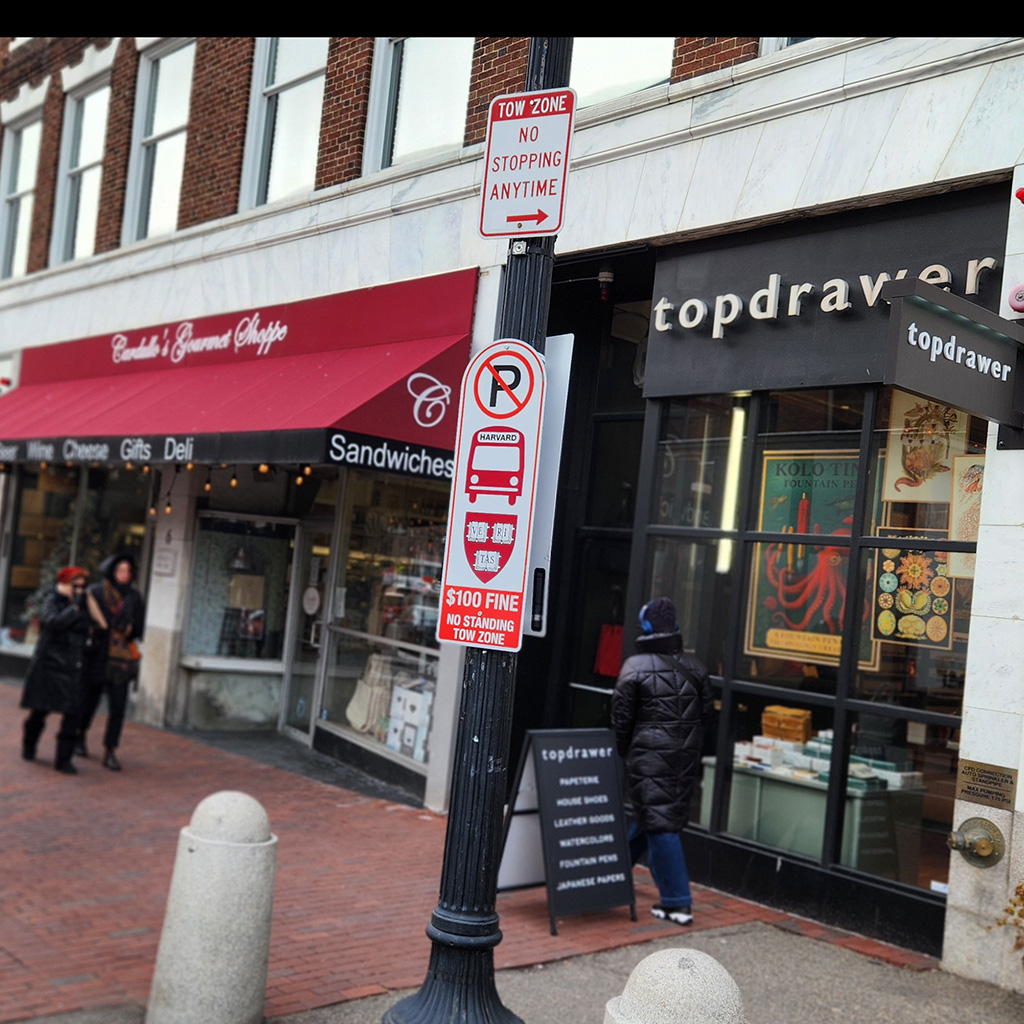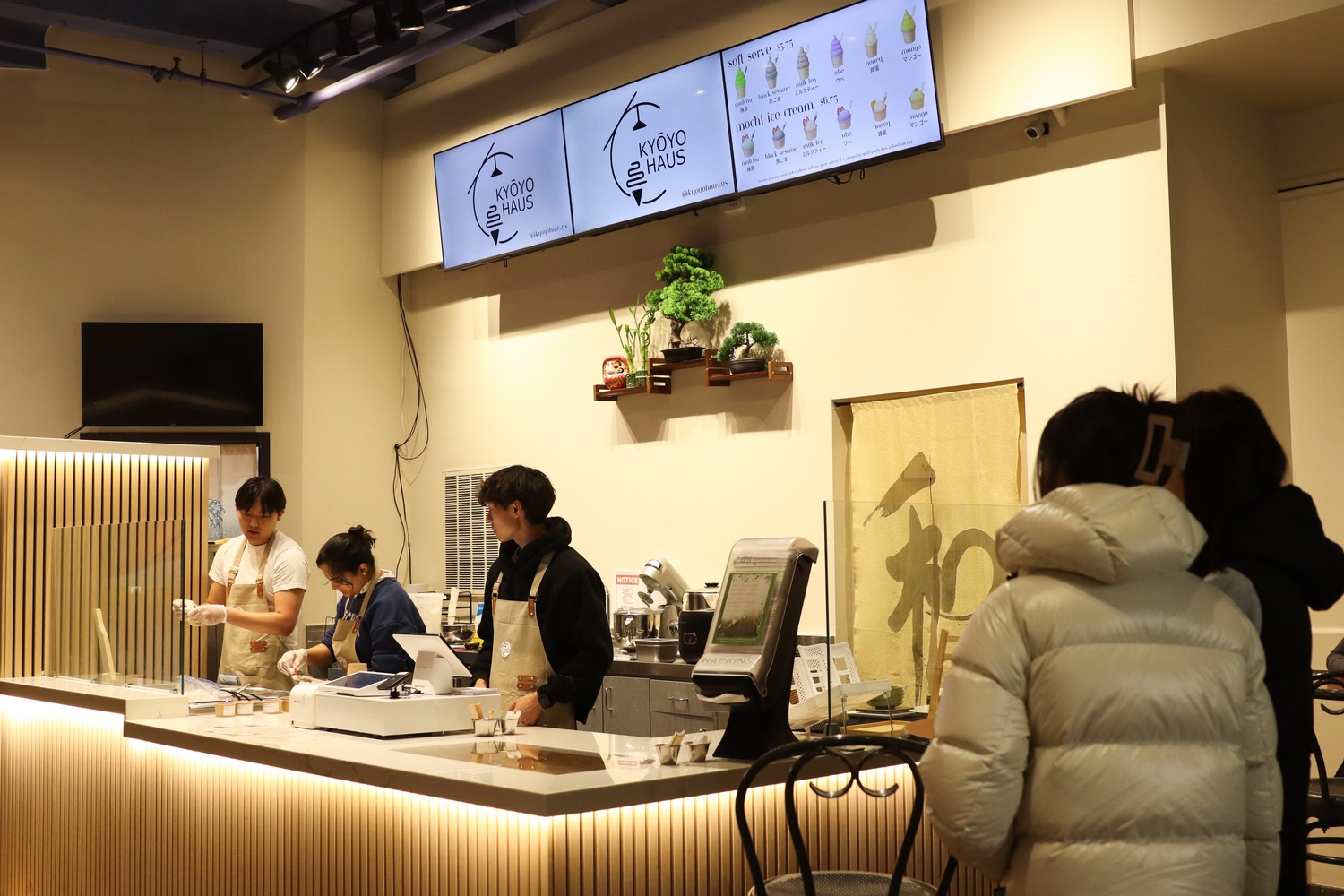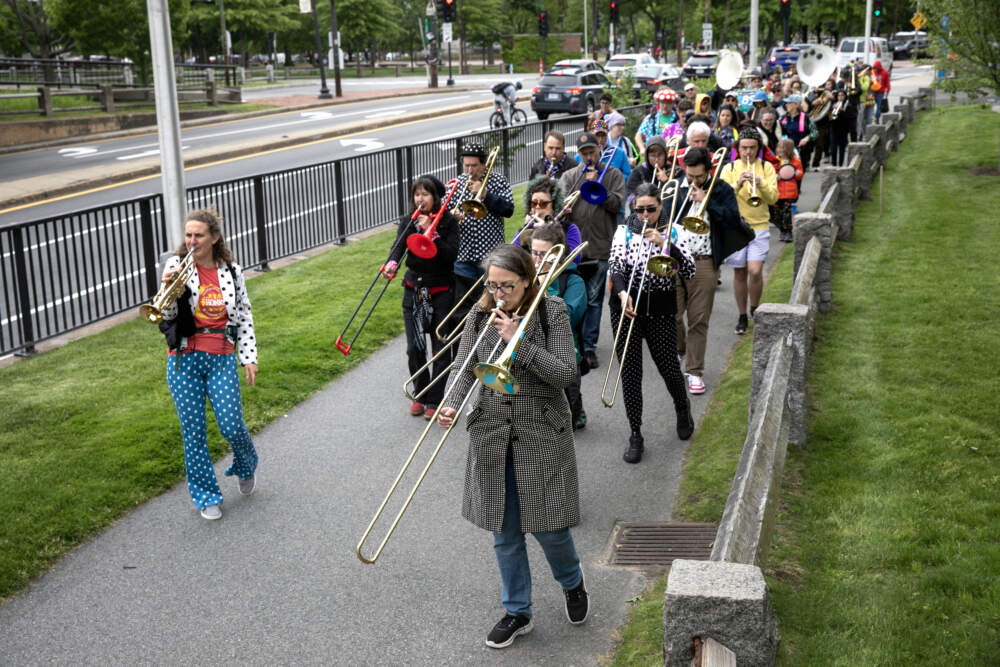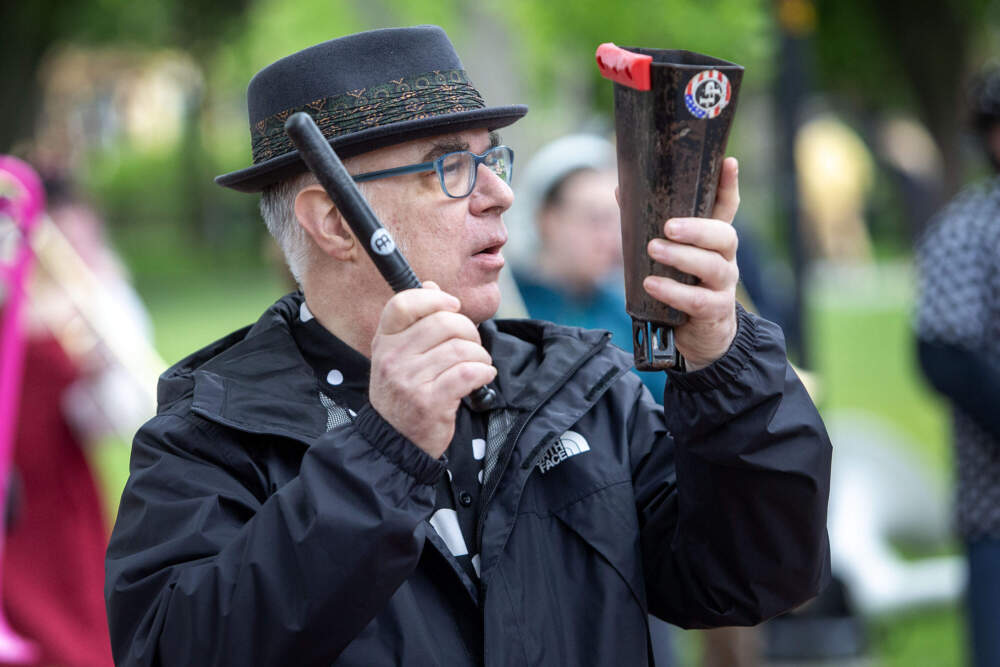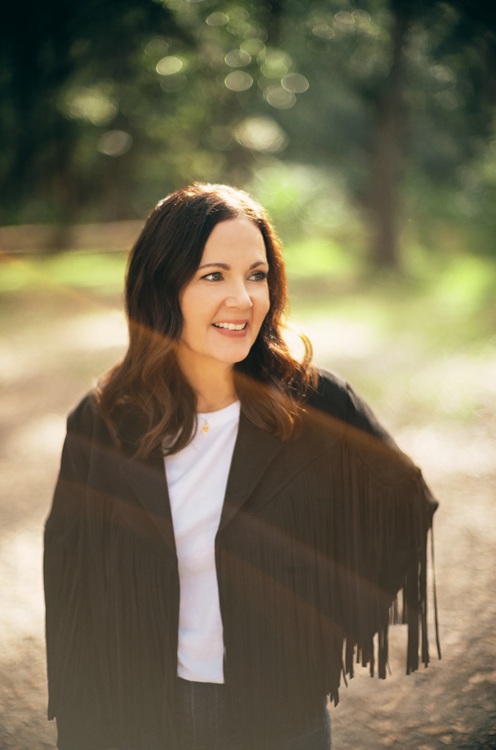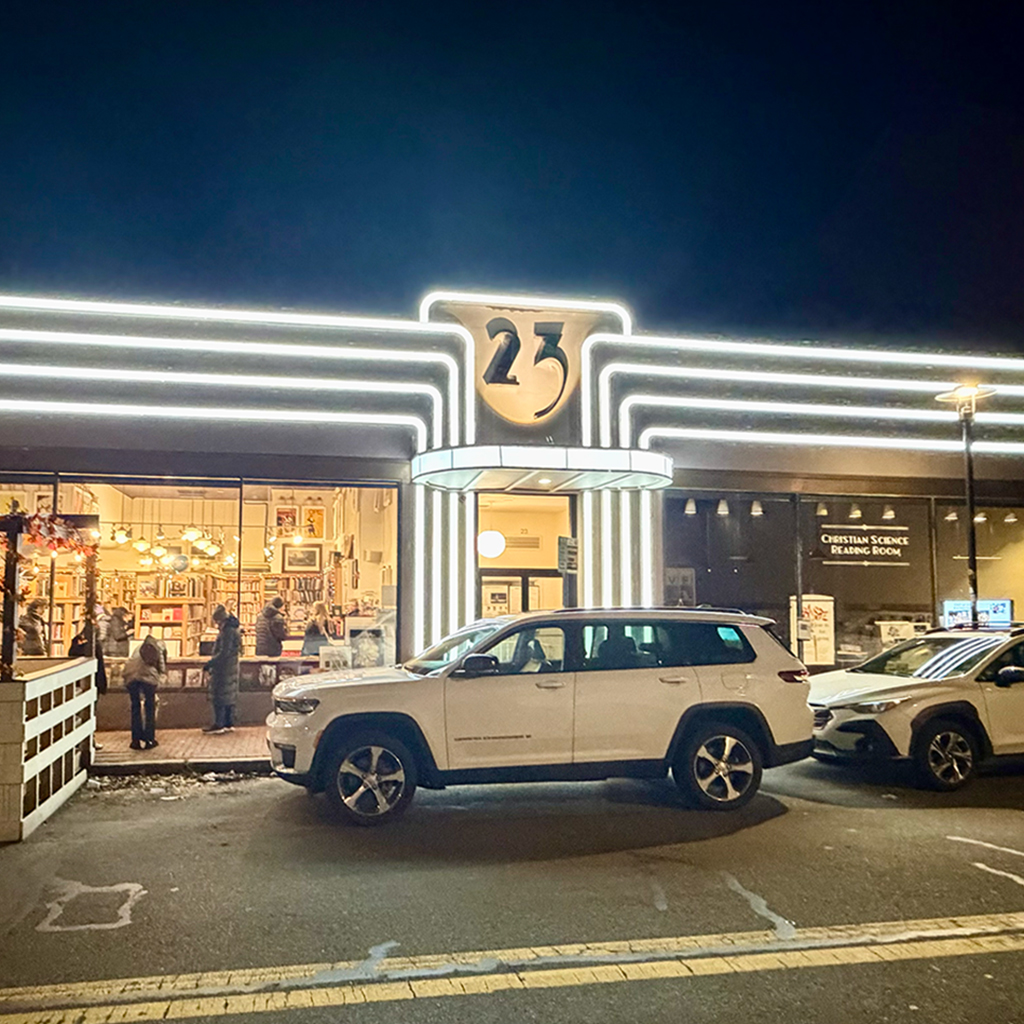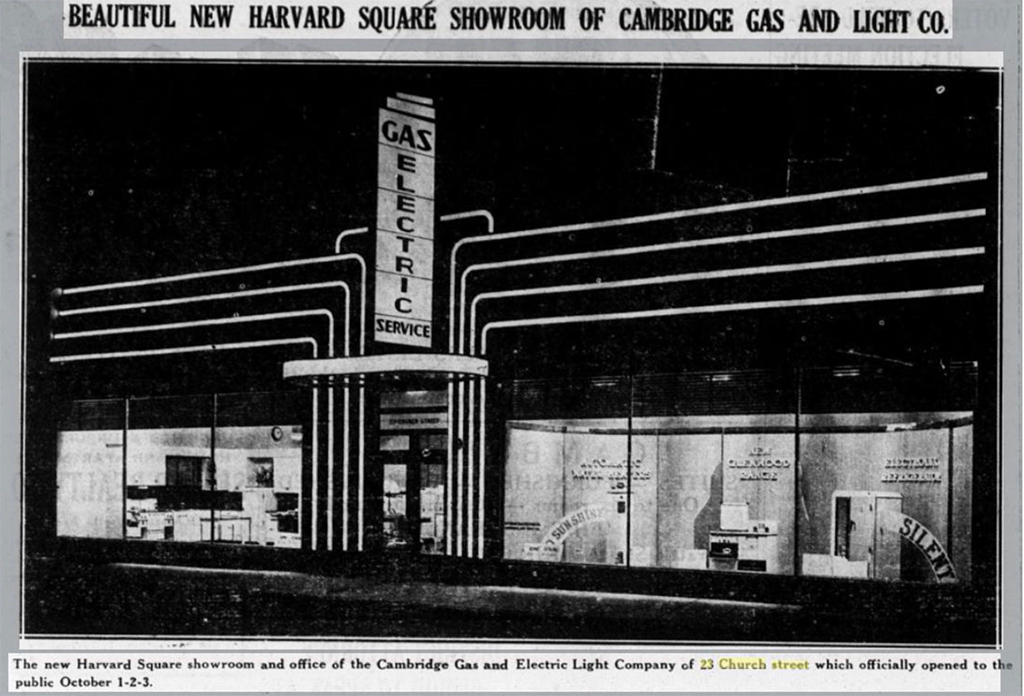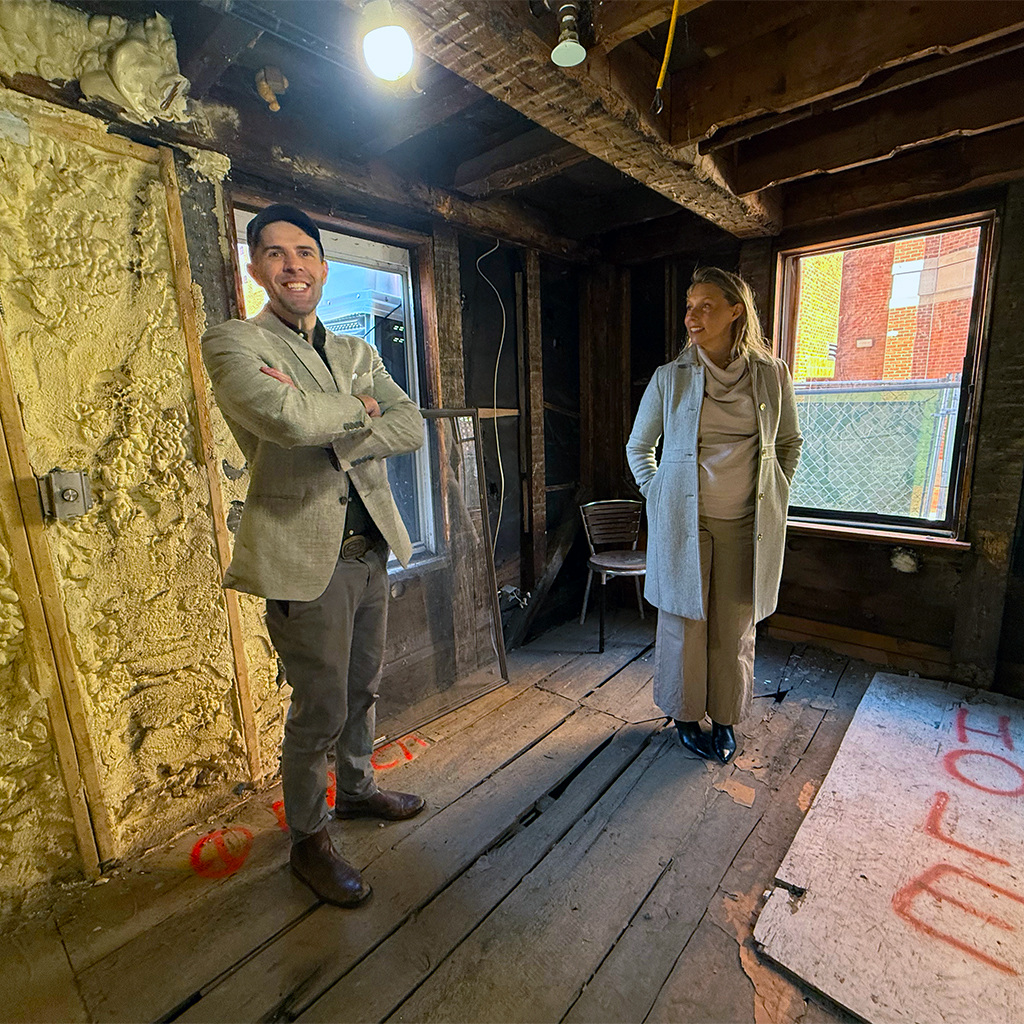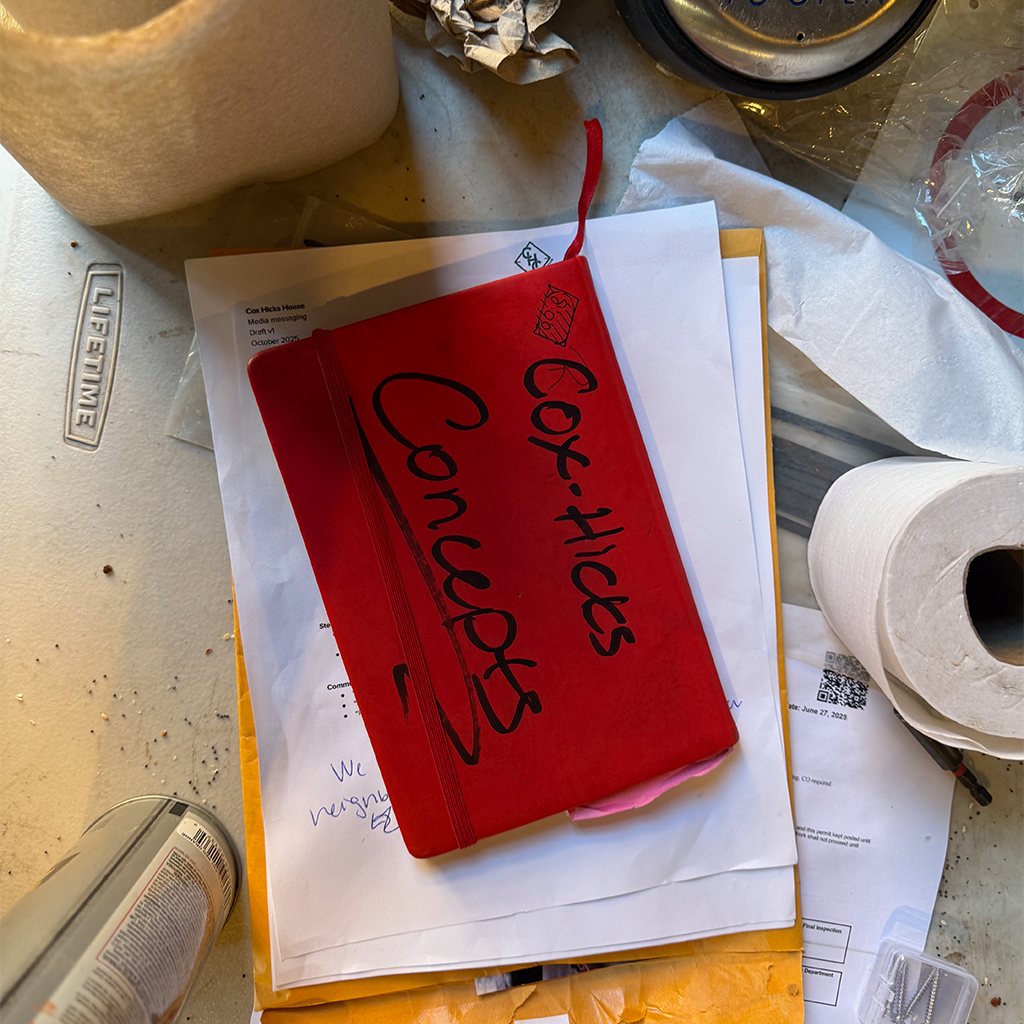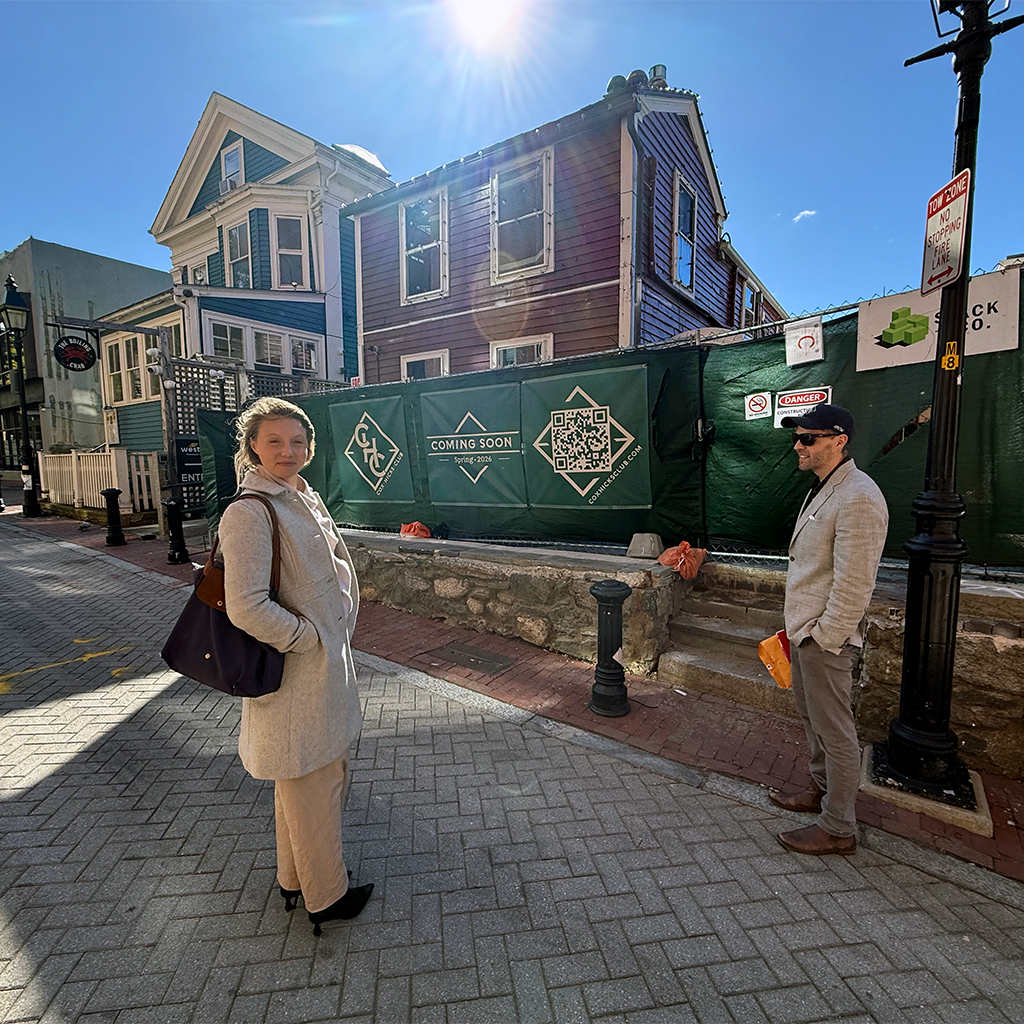On December 23, 2025, in Latest News, by The Somerville Times
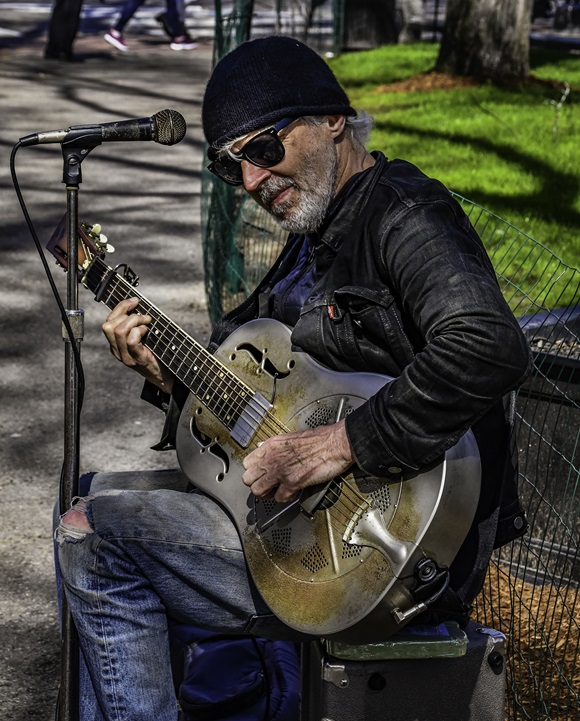
David Johnston busking in Harvard Square. Photo: Nate Dow
By William C. Shelton
In the late 1980s Union Square after dark was a ghost town. Other than Midnite Convenience, about the only thing open was the Irish Eyes bar. But you would need to practice the buddy system there, because if you fell down, you might get stuck to the floor.
Then Sally Loh opened New Asia, bringing delicious and affordable Chinese food to evening diners. A few other enterprises came and went, until 1995 when Robert Elliott opened Tír na nÓg. It was the pioneer that blazed the way for virtually all the dining and entertainment that the Square now hosts.
Robert had grown up in County Limerick. When his uncle, Paddy Grace, became manager of a hotel on the Irish coast, Robert joined him to manage the resort’s musical offerings. Eventually Paddy came here and opened downtown Boston’s storied Littlest Bar. Robert opened the Owl and Thistle pub in Seattle. And when that enterprise reached the end of its life cycle, Robert came to Somerville.
Tír na nÓg’s square footage was, in fact, less than the Littlest Bar’s. But in that cozy space, he presented free live music every night of the week. His own band, the Johnny Come Latelys, played Friday nights. He politely ignored my observation that Johnnies Come Lately was grammatically correct.
A community of regulars grew up around Tír na nÓg, composed of initial strangers who got to know and be concerned about each other’s wellbeing. If you were one of them, you would probably recognize half the people in the pub any time you went there. It really was a place where “everyone knows your name.”
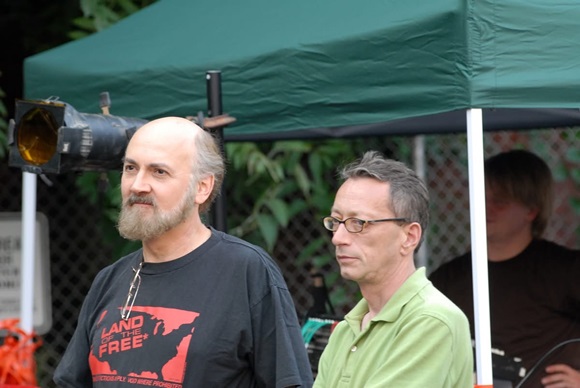
The author and Robert Elliott at a music festival that Robert organized to benefit the Family Center. Photo: Andrew Browning”
Robert presided over every aspect of the pub. And although a stoic man, he had a kind word for all.
In 2006 an avaricious landlord imagined that if he did not extend the lease, he could buy a liquor license and capture the nÓg’s clientele. When the nÓg community failed to persuade the Licensing Commission not to issue the license, they boycotted the new enterprise, and it closed within a few months.
Robert’s generous management of the pub had left him with modest means. He continued to live in the Square, and I would encounter him from time to time at Sally O’Brien’s, where he managed the door on nights that bands performed.
During its heyday, Tír na nÓg’s Tuesday-night residency was the David Johnston Band. David had grown up in Old Greenwich, Connecticut, where he started his first band when he was eleven years old.
After graduating from New England College as a music major, he came to Boston to work as an IT technician. His love of music drew him to take classes at Berklee, and then work in a series of record stores, and eventually to quit his day job to compose and play full time.
A guitar virtuoso, David formed a band with other virtuosi: Chris Rival on lead guitar (and recording engineer), Richard Gates on bass, and rotating drum masters Dave Mattacks, John Sands, and Andy Plaisted. Each of them had exceeded Malcolm Gladwell’s 10,000-hour rule several times over.
Although influenced by the Blues and what we now call “Americana,” David’s wrote songs ranging from ethereal instrumentals, to rock and roll, to thumping blues, to ballads. He told me that playing guitar was the one thing that always gave him pleasure. He did it wherever he could, in music halls, on local radio, in bars, on the street, and at my dining-room table.
He held a Cambridge street-performer’s license for 24 years, and one would see him most days busking in Harvard Square. When he wasn’t performing for others, he played for himself.
A generous soul, David was the most self-effacing human that I’ve ever known. Self-promotion was excruciating to him, and so he just didn’t do it. While less talented performers achieved commercial success, David barely eked out a living. If his talent were divided by his ego, the quotient would approach infinity.
There is a handful of people I know who have sacrificed financial gain and given everything to their art. I worry about how they will materially sustain themselves in old age.
I no longer worry about David. He died in September. When he did not arrive for a gig, his bandmate found him in his apartment, where he lived alone. In death, he preceded Robert Elliott, who left us on December 15.
Fellow musicians and fans will gather this Sunday, December 28, 7:00 pm, at Sally O’Briens, to celebrate David’s music and his life.
Robert Elliott, also self-effacing, had expressed a wish that there be no memorial service for himself. I imagine that, in this matter, those of us who cared for him will disregard his wish. I’ll let you know when that happens.
